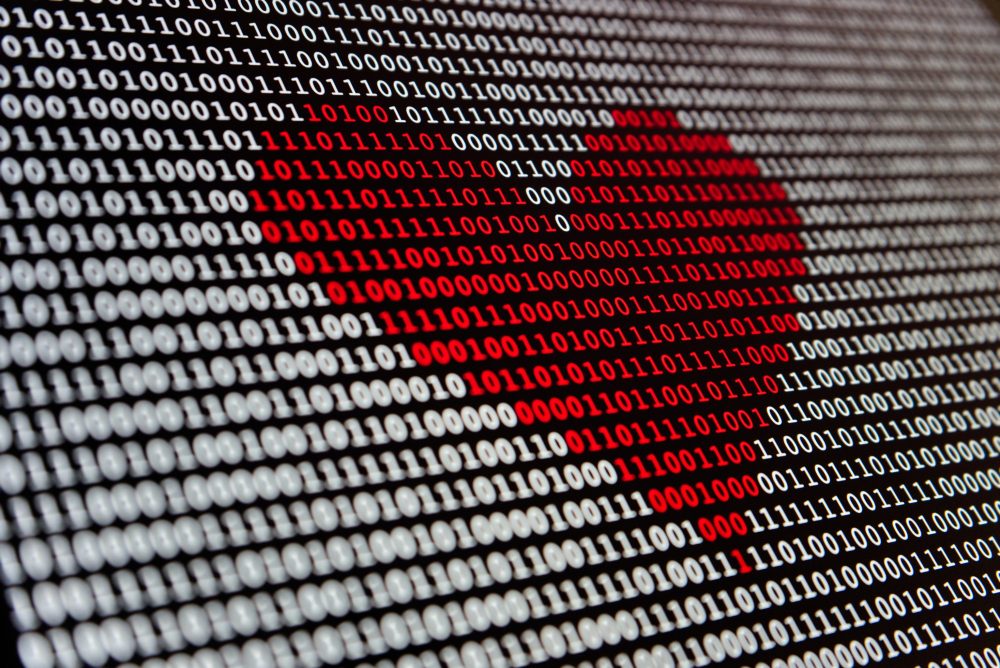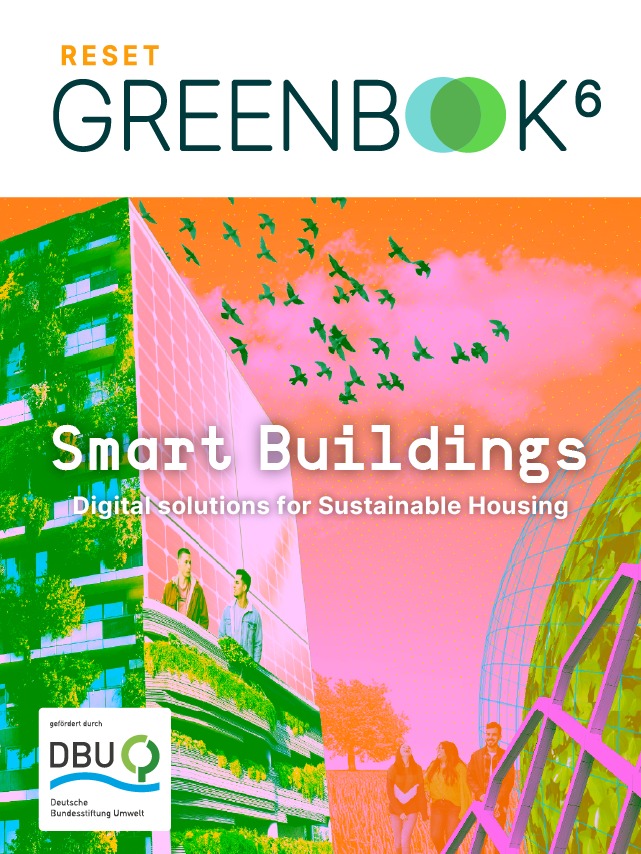Swift climate action requires coordinated responses that draw from comprehensive and high-quality data. However, the landscape of climate-related data has long been plagued by fragmentation and a lack of accessibility. Often, the data resides within siloed government agencies.
Consider the divide that existed between weather data collected by the National Oceanic and Atmospheric Administration (NOAA) and greenhouse gas emissions data managed by the Environmental Protection Agency (EPA). Before the datasets from each agency were consolidated, it was difficult to link extreme weather events with patterns of greenhouse gas emissions. Such closed data ecosystems hinder informed decision-making, limit data coordination, and impede efforts to address climate challenges comprehensively.
In contrast, open data involves making datasets freely accessible, without restrictions, in a transparent and usable format. As a paper published by the World Resources Institute notes, “Shared data and information are fundamental to mainstreaming climate action and promoting a coordinated and coherent response to climate change across government and society.”
The Data Tank, based in Brussels, is one company advancing the potential of open data. Its mission is not only to make data more useful for the common good but also more accepted.
Buildings are a CO2 heavyweight: the construction, heating, cooling and disposal of our homes accounts for around 40 percent of Germany’s CO2 emissions. We will only achieve our climate goals if these emissions are massively reduced.
But how can we achieve the sustainable transformation of buildings and what role do digital solutions play in this? The RESET Greenbook provides answers: Building transformation – intelligently transforming houses and neighbourhoods.
A Creative Commons license for data
The Data Tank aims to unlock the full value of data by leveraging data reuse, a key element of the “third wave of open data.” This practice involves repurposing data originally collected for one purpose to address other important societal challenges, like enhancing climate action efforts.
Inspired by the Creative Commons license, which allows creators to permit others to use their music, images or texts under certain conditions, The Data Tank advocates for a new kind of social license for data reuse. Large dataset owners should be encouraged to share their data, as it grants them access to datasets owned by others. This collaborative approach can lead to a deeper understanding of complex issues, more comprehensive research, and improved decision-making across various fields, from environmental monitoring to urban planning.
Stefaan Verhulst, a co-founder of The Data Tank and an expert in leveraging data and technology for social impact, emphasises the need for an entirely new approach that goes beyond individual consent. His vision is to consider the preferences and priorities of the general public or specific groups when using data.
In this evolving landscape, three key approaches — public engagement, data stewardship, and regulatory frameworks — play a pivotal role in securing social licenses for data reuse. Once acquired, a social license signifies that all stakeholders trust that data will be collected, stored and used transparently, ethically and in a manner that aligns with their preferences and priorities.
“As data reuse becomes more prevalent, social licenses for the practice will need to be adopted to help fill the gap left by slow-moving regulators and legislators around the world,” writesVerhulst in a paper co-authored by Sampriti Saxena.
Cheaper, faster data collection
Data re-use also brings numerous benefits to businesses and companies. First, it allows them to reduce the costs, time, and environmental impact associated with collecting new data. This affords the opportunity to concentrate on more valuable tasks like analysis and innovation. Furthermore, the reuse of data promotes collaboration and the exchange of knowledge among organisations, which in turn drives innovation and advances in research.
Bridging trust between institutions, governments, and the public
In Europe in particular, citizens are deeply concerned about data privacy. Verhulst acknowledges concerns over data misuse. At the same time, he considers the non-use of data an inexcusable opportunity loss. “Data has no value if it is not shared,” he told the German magazine AufRuhr. “We must find ways to guarantee a trustworthy handling of data.”
Ultimately, social licenses for data reuse serve as a pathway to bridge the trust gap. Moving forward, they will play a pivotal role in building trust between institutions, governments, and citizens. By freely sharing data, organisations demonstrate transparency, accountability and a commitment to providing valuable information to citizens. This transparency fosters trust in decision-making processes, ensures that policies are evidence-based and empowers individuals to hold authorities accountable.
Finally, open data fosters collaboration and engagement. When citizens have access to government data, they can better understand policies and services, participate in public discussions and advocate for change. In Ghana, for example, a unique initiative combined citizen science with open data to effectively track marine plastic pollution. The active involvement of citizens and stakeholders is crucial in tackling complex issues in our increasingly data-centric world — an opportunity we can’t afford to keep in a silo.









